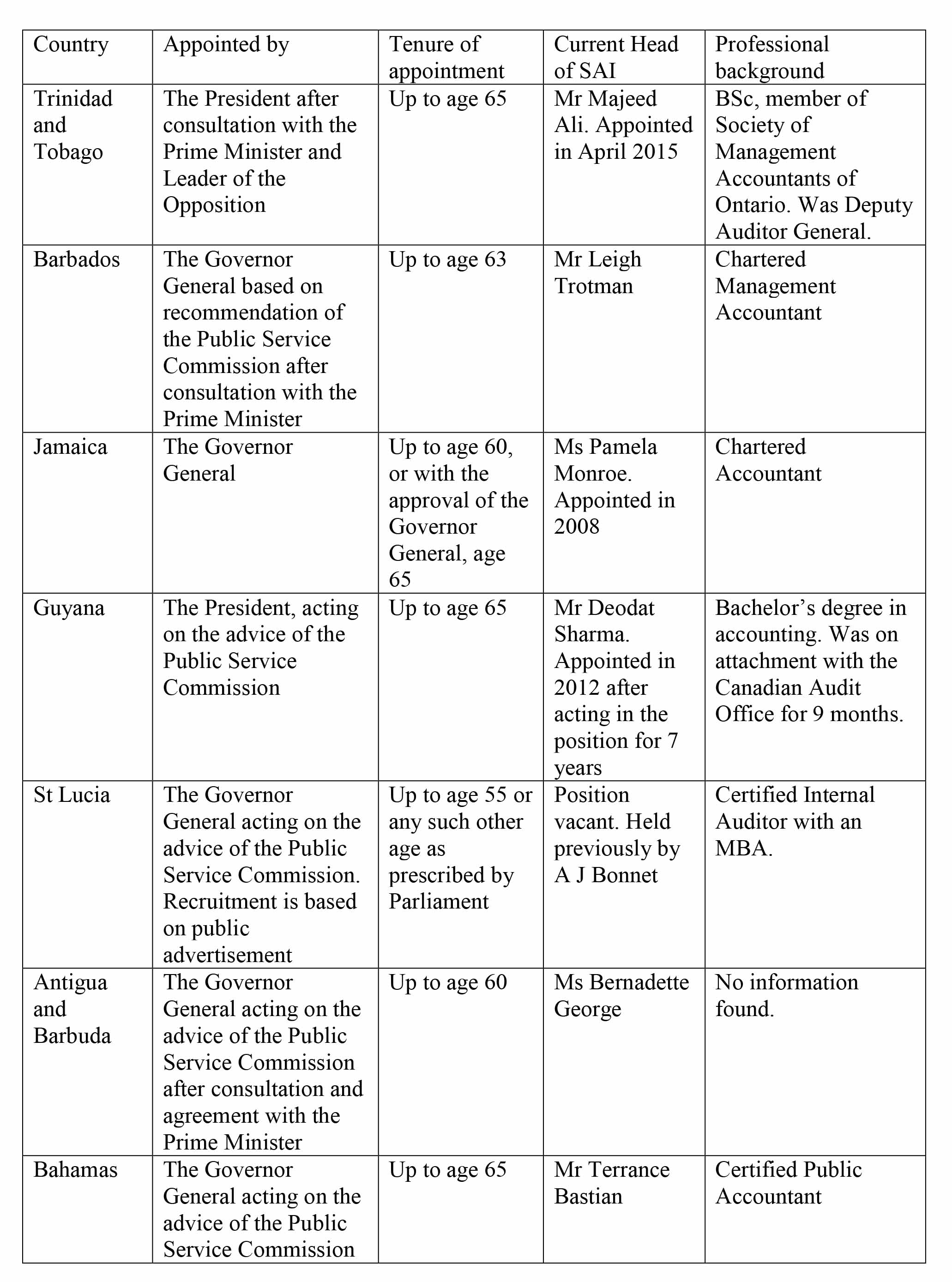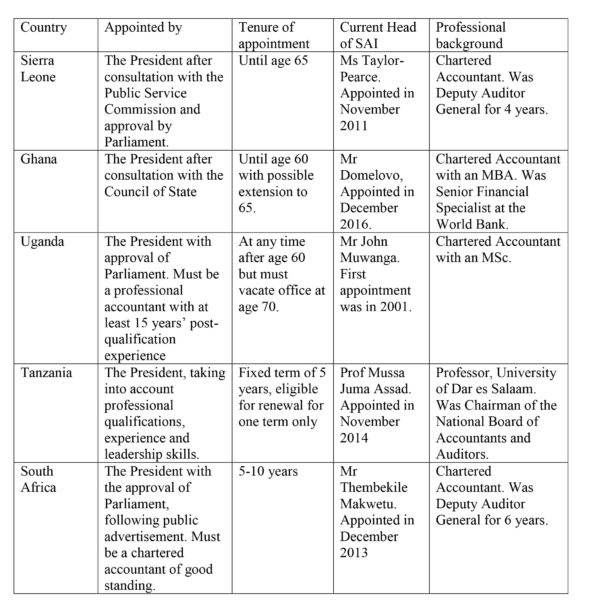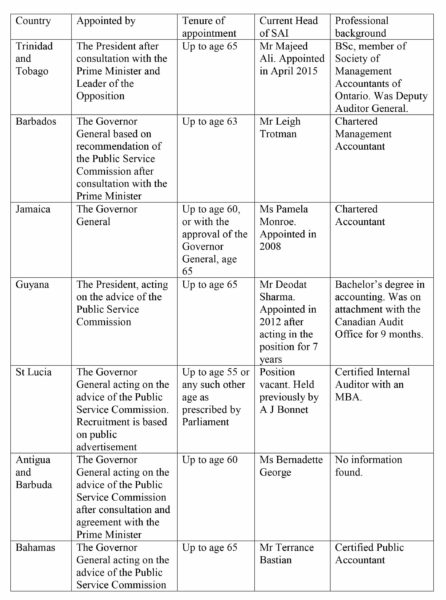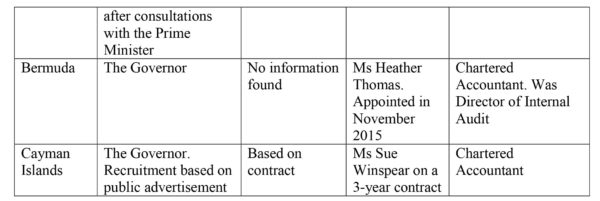Before proceeding with today’s article, this column considers it unfortunate the way the present Administration has handled the matter concerning the leasing of the “Red House” to the Cheddi Jagan Research Centre Inc. It was inappropriate for the previous Administration to lease the said property for 99 years to a company that is essentially owned and controlled by the political party to which it belongs; and for the staff of the Centre to be paid by the Treasury.
It is, however, disheartening that the lessee was not given reasonable notice to enable it to find alternative accommodation and to arrange for the packing and orderly movement of the contents of the building. The company also needed time to seek judicial intervention if it believes it was unfairly treated in relation to the rescission/termination of the lease.
We had also advocated for a compromise arrangement whereby the property is converted into a research facility for all past Presidents. Regrettably, negotiations in this regard reportedly broke down, resulting in the present stand-off between the Administration and the political Opposition.
Recruiting Heads of Supreme Audit Institutions: the UK experience
An interesting article appeared in the INTOSAI Journal of Government Auditing (Autumn 2016) on the United Kingdom’s experience in the recruitment of Heads of Supreme Audit Institutions (SAIs). INTOSAI is the International Organisation of Supreme Audit Institutions, and in Guyana’s context, the Head of the SAI is the Auditor General.
The article refers to the INTOSAI México Declaration on SAIs’ independence which advocates that heads of SAIs should be appointed by a process that ensures independence from the Executive.
According to the article, the UK has tried to be more transparent and to follow what is believed to be a fairer process in the appointment of the most suitable candidate for the post.
The objective is the selection of someone having “integrity, leadership skills, a passion for reformation, and a background in professional accounting and auditing who can cultivate continued growth and transformation within the National Audit Office (NAO) that best meets the needs of parliament”.
The current Comptroller and Auditor General (C&AG) is Sir Amyas Morse who was appointed in January 2009. He is the first C&AG to come from a professional accounting background, having held the positions of Executive Partner of Coopers and Lybrand and Global Managing Partner at Price Waterhouse Coopers. In relation to his appointment, a firm of recruitment consultants was appointed to administer the process.
It used corporate networks, online advertising and mainstream advertisements in newspapers to encourage suitable applicants to apply for the position. From the pool of applicants, the consultants produced a short-list of those found most suitable for further consideration by a hiring panel chaired by the Public Accounts Committee (PAC). Other panel members included:
(a) Treasury Permanent Secretary, representing the interests of government;
(b) Outgoing Comptroller & Auditor General, representing the interests of the National Audit Office;
(c) Chairman of the NAO Board, ensuring an independent scrutiny of the process.
The Prime Minister accepted the panel’s recommendation to appoint Sir Amyas, and the PAC convened a hearing to query his experience and suitability for the post of C&AG, as well as his vision and plans for the NAO. The Prime Minister then tabled a motion, supported by the PAC Chair, in the House of Commons and requested the Queen to officially appoint Sir Amyas.
At the same time, Members of Parliament, who had been party to the pre-appointment hearing, offered opinions.
The request was endorsed by Parliament, and the Queen made the formal appointment which is for a non-renewable fixed term of ten years.
Previously, there was no fixed retirement age, and the incumbent could serve until he indicated a preference for retirement. The previous C&AG, Sir John Bourn, served for 20 years before opting to retire in January 2008 at the age of 73.
The reason given was that his continuation to hold the position of C&AG was incompatible with his role as Chairman of the Professional Oversight Board of the Financial Reporting Council as it is this body that provides oversight of the auditing of Public Limited Companies. The UK Companies Act 2006 provides for the C&AG to audit these companies effective from 2008.
The above changes resulted mainly from a review of the corporate governance of the NAO that was carried out by Mr. John Tiner.
According to a report of the Public Accounts Commission, the Tiner review found that the existing corporate governance arrangements were inadequate and that a convincing case was made for the strengthening of such arrangements.
Canadian experience
The Auditor General of Canada is appointed by the Governor General for a non-renewable term of ten years after consultation with the leader of every recognized party in the Senate and House of Commons and approval of the appointment by resolution of the Senate and House of Commons.
The current Auditor General is Mr. Michael Ferguson who, prior to his appointment in November 2011, was Deputy Minister of Finance of New Brunswick.
He also served as provincial Auditor General from 2005-2010 and is a Fellow of the New Brunswick Institute of Chartered Accountants.
The USA experience
The Comptroller General of the USA is appointed for fifteen years by the President with the advice and consent of the Senate. The appointment is made from a list of candidates selected by a bipartisan, bicameral congressional commission.
The current Comptroller General is Mr. Eugene Louis Dodaro who was appointed in December 2010 following a period of acting in the position for almost three years. Mr. Dodaro is a fellow of the National Academy of Public Administration and a member of the Association of Government Accountants.
He has received recognition from numerous outside organizations throughout his career, including the National Public Service Award from the American Society for Public Administration and the National Academy of Public Administration, the Roger W. Jones Award from American University and the Braden Award from the Department of Accountancy at Case Western Reserve University.
The Indian experience
The C&AG of India is appointed by the President on the recommendation of the Prime Minister for a period of six years or until age 65, whichever is earlier. The current C&AG is Mr. Shashi Kant Sharma who belongs to the 1976 batch of Indian Administrative Service (Bihar Cadre). He has wide experience in the fields of Public Administration, Financial Services and Infrastructure Development.
Prior to his appointment, Mr. Sharma served as Defence Secretary, Secretary of the Department of Financial Services in the Ministry of Finance and Secretary, Information Technology in the Ministry of Communication. He holds an M.Sc. in Administrative Science and Development Problems from the University of York, U.K. and M.A. in Political Science from Agra University.
English-speaking African experience
The recruitment of Heads of SAIs for the main English-speaking countries in Africa is summarized as follows:
Caribbean experience
As can be noted from the table below, while most of the Heads of SAIs of the Caribbean are professionally qualified accountants, Caribbean countries have been slow to respond to the positive changes that have taken place in the more developed countries as well as in Africa.
This is especially so in relation to qualification requirements, adherence to competitive procedures before selection, and the restriction in tenure of office. In Guyana, efforts to have these requirements embedded in the Audit Act 2004 did not find favour with the previous Administration.












